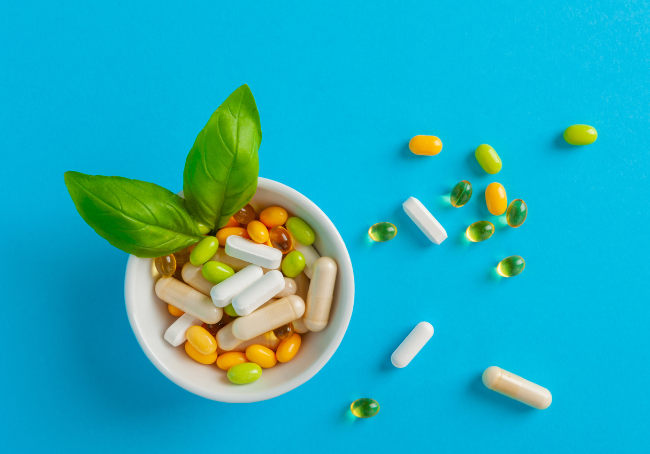Introduction:
The gut, often referred to as the second brain, plays a crucial role in our overall health and well-being. It not only aids in digestion but also influences our immune system, mood, and even our cognitive function. However, many people suffer from gut-related issues such as bloating, gas, constipation, and diarrhea, which can significantly impact their quality of life. Fortunately, one effective way to address these issues is through proper nutrition. In this blog post, we will explore how you can solve your gut issues with the power of nutrition.

Understanding Gut Health:
Before diving into the role of nutrition in gut health, it’s essential to understand what constitutes a healthy gut. The gut is home to trillions of microorganisms, collectively known as the gut microbiota. These microorganisms play a vital role in maintaining digestive health, regulating metabolism, and supporting immune function. However, an imbalance in the gut microbiota, known as dysbiosis, can lead to various gut issues and contribute to the development of chronic diseases.
The Role of Nutrition in Gut Health:
Nutrition plays a significant role in shaping the composition and function of the gut microbiota. Certain dietary factors, such as fiber, prebiotics, and probiotics, can promote the growth of beneficial bacteria in the gut, while others, such as processed foods and artificial sweeteners, can disrupt the microbial balance.
Top Nutritional Strategies for Gut Health:
- Increase Fiber Intake: Fiber-rich foods, such as fruits, vegetables, whole grains, and legumes, are essential for gut health. Fiber acts as fuel for beneficial gut bacteria, promoting their growth and proliferation. Aim to include a variety of high-fiber foods in your diet to support a healthy gut microbiota.
- Include Prebiotic Foods: Prebiotics are types of fiber that selectively feed beneficial bacteria in the gut. Foods rich in prebiotics include garlic, onions, leeks, asparagus, bananas, and oats. Adding these foods to your diet can help nourish your gut microbiota and support digestive health.
- Consume Probiotic-Rich Foods: Probiotics are live beneficial bacteria that can provide health benefits when consumed in adequate amounts. Foods such as yogurt, kefir, sauerkraut, kimchi, and kombucha are rich sources of probiotics. Incorporating these foods into your diet can help restore microbial balance in the gut and alleviate gut issues.
- Limit Processed Foods: Processed foods, high in refined sugars, unhealthy fats, and artificial additives, can negatively impact gut health. These foods can promote inflammation, disrupt the gut microbiota, and contribute to gut issues. Opt for whole, minimally processed foods whenever possible to support a healthy gut.
- Stay Hydrated: Adequate hydration is essential for maintaining optimal digestive function. Drinking plenty of water helps soften stool, prevent constipation, and support the movement of food through the digestive tract. Aim to drink at least 8-10 glasses of water per day to keep your gut healthy and hydrated.
- Manage Stress: Chronic stress can disrupt gut function and contribute to gut issues such as irritable bowel syndrome (IBS) and inflammatory bowel disease (IBD). Practice stress-reducing techniques such as mindfulness meditation, deep breathing exercises, yoga, and regular physical activity to support gut health.
- Limit Alcohol and Caffeine: Excessive consumption of alcohol and caffeine can irritate the lining of the gut and disrupt digestive function. Limit your intake of alcoholic beverages and caffeinated drinks to support a healthy gut environment.
Conclusion:
In conclusion, nutrition plays a crucial role in maintaining gut health and alleviating gut-related issues. By incorporating fiber-rich foods, prebiotics, probiotics, and other gut-friendly nutrients into your diet, you can promote a diverse and thriving gut microbiota. Additionally, adopting healthy lifestyle habits such as staying hydrated, managing stress, and limiting alcohol and caffeine intake can further support optimal gut function. By prioritizing nutrition and making mindful dietary choices, you can solve your gut issues and enjoy better digestive health and overall well-being.





